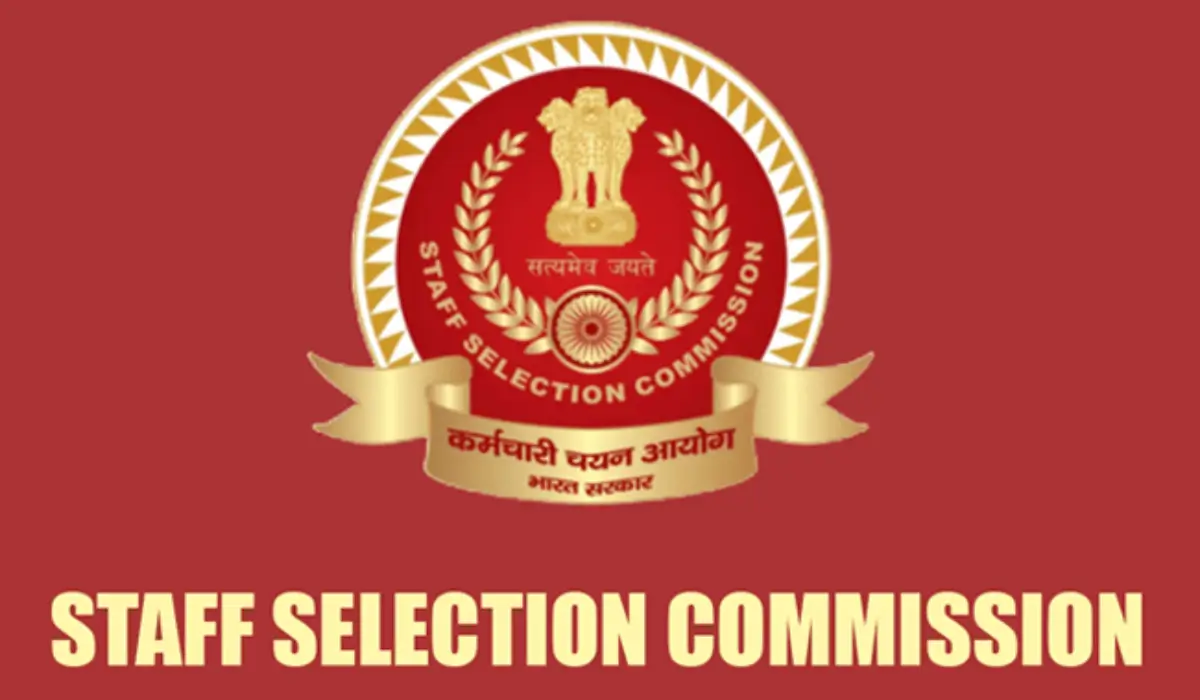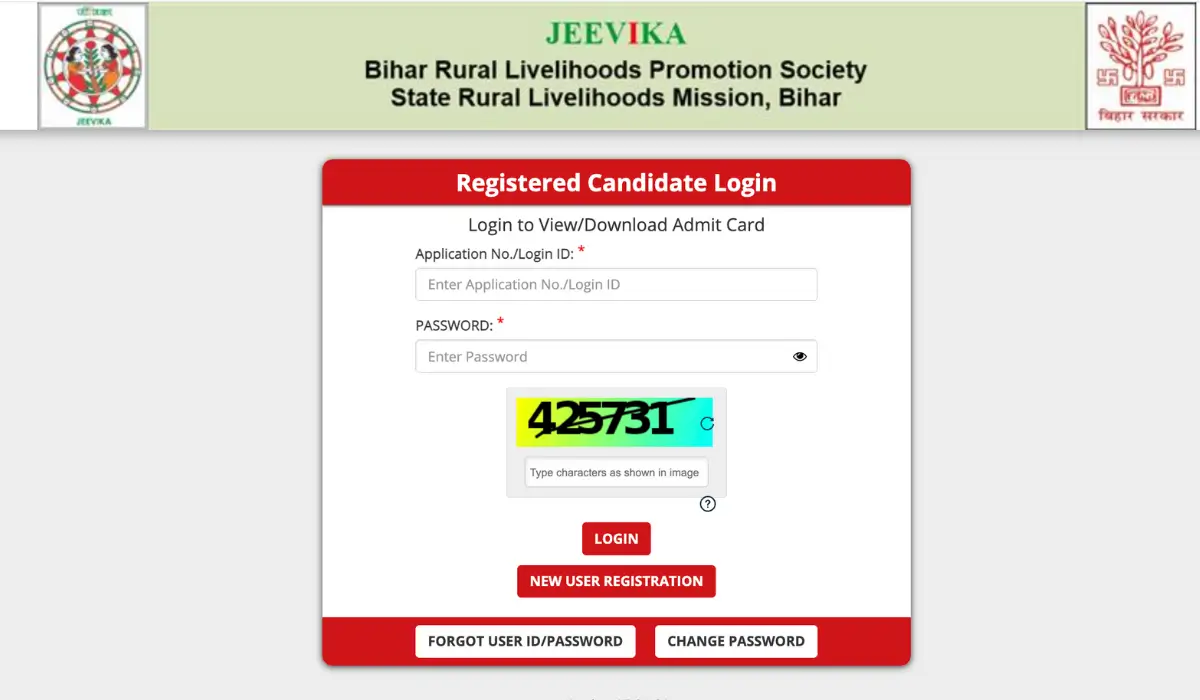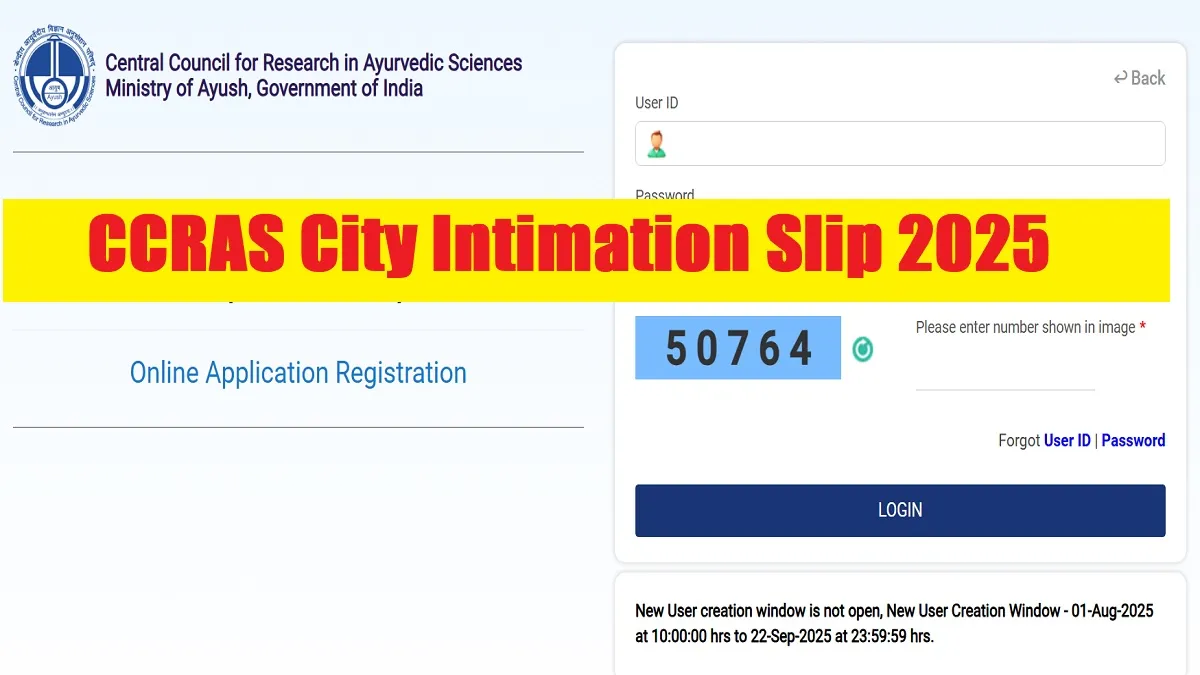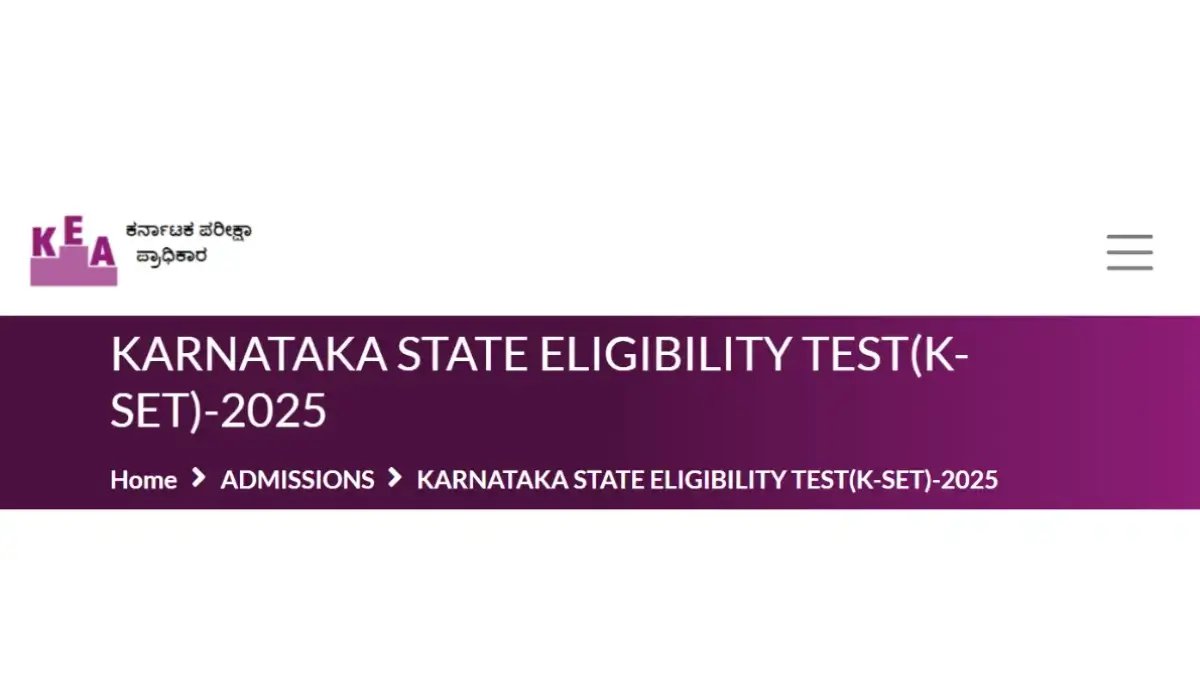8th Pay Commission Salary Hike Predictions
As discussions grow louder around the 8th Pay Commission, lakhs of central government employees across India are eagerly waiting for updates on what could be a major salary hike in the coming years. The 7th Pay Commission was implemented back in 2016, and as per the general 10-year cycle, the 8th Pay Commission is expected to be introduced around 2026. However, with inflation, rising living costs, and growing employee demands, there is increasing speculation that the 8th Pay Commission salary hike might arrive sooner—or at least bring a much-needed relief to government workers.
This article provides a detailed analysis of the expected 8th pay commission salary structure, likely hike percentage, implementation timeline, and its potential impact on both central government employees and the Indian economy.
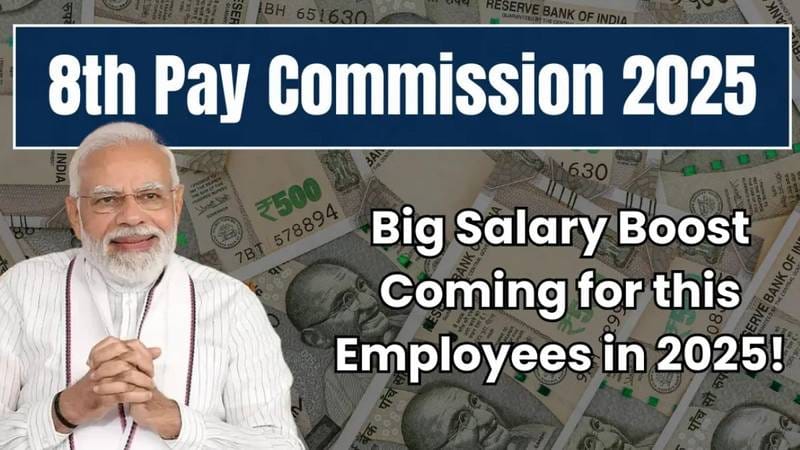
What is the 8th Pay Commission?
The Pay Commission is a government-appointed body that reviews and recommends changes to the salary structure, allowances, and pension schemes of central government employees and pensioners. Each commission assesses the existing pay system, inflation trends, and economic factors to ensure fair compensation and parity between government and private-sector pay levels.
The 8th Pay Commission, therefore, will be the next in this series of revisions, following the 7th Pay Commission which was constituted in 2014 and came into effect in January 2016. It is expected to review salaries for over 50 lakh central government employees and 65 lakh pensioners will see an adjustment in their pensions due to the revised basic pay introduced by the new pay commission..
When Will the 8th Pay Commission Be Implemented?
Although no official announcement has been made yet, experts predict that the 8th Pay Commission could be set up by 2025 and its recommendations might be implemented by January 1, 2026, following the standard 10-year cycle.
However, with growing demands from employee unions and inflationary pressure, there are talks that the government might advance the process—possibly announcing it before the 2024–25 Union Budget. This would allow adequate time for committee formation, data collection, and report submission before the actual rollout.
Expected 8th Pay Commission Salary Hike
One of the biggest questions on everyone’s mind is how the upcoming salary increase will affect the budget. How much salary hike can employees expect under the 8th Pay Commission?
Based on previous patterns:
| Pay Commission | Year of Implementation | Average Salary Hike |
|---|---|---|
| 6th Pay Commission | 2006 | ~40% |
| 7th Pay Commission | 2016 | ~23.55% |
| 8th Pay Commission | Expected 2026 | Estimated 25–35% |
Economic analysts and employee unions expect the 8th pay commission salary hike to range between 25% to 35%, depending on the inflation rate, fiscal position of the government, and recommendations by the commission.
If this prediction holds, the minimum basic salary (currently ₹18,000 as per 7th Pay Commission) could increase to around ₹23,000–₹25,000 per month.
8th Pay Commission Salary Matrix – Possible Revisions (fitment factors)
The 7th CPC introduced a pay matrix system that replaced the old grade pay structure. The 8th Pay Commission is expected to continue this matrix but with updated pay levels and fitment factors.
- Current Fitment Factor (7th CPC): 2.57
- Expected Fitment Factor (8th CPC): 3.0 to 3.2
If implemented at a fitment factor of 3.0, an employee with a current basic pay of ₹30,000 could see a new basic pay of ₹90,000 after revision—resulting in a substantial boost.
This would also automatically impact House Rent Allowance (HRA), Dearness Allowance (DA), and other components linked to the basic salary.
Dearness Allowance (DA) Merger Before 8th Pay Commission
Before implementing the new pay commission, the government often merges the existing DA into basic pay. As of 2025, the DA has already crossed 46%, and is expected to touch 50% by mid-2025. Once it reaches that mark, the DA merger may occur, which would then form the basis for the 8th pay commission salary hike calculations.
This merger would simplify pay scales and prepare a new foundation for the upcoming commission’s recommendations.
Benefits of 8th Pay Commission for Central Government Employees
The upcoming salary increase is anticipated to be a result of the revised pay guidelines established by the pay commission. 8th pay commission employees salary hike The salary increase will bring multiple benefits beyond the base pay increase, including enhanced employee welfare. Key expected benefits include:
- Higher Take-Home Pay: A direct increase in basic pay will result in improved in-hand salary and allowances.
- Boost in Pension: Pensioners will benefit from higher pension amounts due to the DA merger and fitment factor revisions.
- Improved Living Standards: With inflation on the rise, a new salary structure will help maintain financial stability.
- Enhanced Allowances: HRA, Transport Allowance, and Medical Allowances are likely to increase proportionally.
- Better Social Security: An upward revision in gratuity and other retirement benefits.
8th Pay Commission Salary Hike Predictions: Challenges and Concerns
While the 8th pay commission salary brings hope for better earnings, there are concerns over its impact on fiscal deficit and the government’s budget. The 7th Pay Commission had increased the wage bill by over ₹1 lakh crore annually, putting pressure on the fiscal framework.
The government must balance between employee welfare and economic stability. Moreover, state governments often follow the central structure, meaning any central hike will eventually increase state-level expenditures too.
8th Pay Commission Salary Hike Predictions: Employees’ Expectations and Demands
Several central employee associations, including the National Council (JCM) and Confederation of Central Government Employees, have already submitted representations demanding early constitution of the 8th Pay Commission.
Their primary demands include:
- Revision of pay and allowances every 5 years (instead of 10 years).
- Higher fitment factor (minimum 3.68).
- Restoration of Old Pension Scheme (OPS).
- Automatic DA merger when it reaches 50%.
- Revision of minimum basic pay to ₹26,000.
These demands reflect growing concerns about rising living expenses, housing costs, and the need for parity with private sector pay growth.
8th Pay Commission Salary Hike Predictions: Impact on the Economy
While a central government salary hike may strain the exchequer, it can also stimulate economic growth. Increased disposable income leads to higher consumer spending, which benefits sectors such as retail, real estate, and automobiles.
Economists believe that a 25–30% salary hike for over 1 crore beneficiaries could infuse thousands of crores into the economy, indirectly boosting GDP growth. The ripple effect on state government employees would further amplify this impact.
Expected Announcement Timeline 8th Pay Commission Salary Hike Predictions
If the government follows historical patterns:
- 2025 (Mid-Year): Constitution of the 8th Pay Commission.
- 2026 (January): Implementation of new pay scales.
- 2027 (March): Possible arrear disbursement.
However, if pre-election considerations come into play, the The announcement could arrive earlier than expected, potentially before the January 2026 deadline for the salary increase., possibly in late 2024 or early 2025, as a politically strategic move to appeal to government employees and pensioners.
A Hopeful Outlook for Central Government Employees: 8th Pay Commission Salary Hike Predictions:
The 8th Pay Commission salary hike represents more than just a financial revision—it symbolizes recognition of the contribution of millions of government workers across India. As inflation continues to erode purchasing power, the upcoming 8th pay commission central government reforms are expected to bring significant relief and motivation.
While official details are still awaited, all indicators point towards a major salary restructuring that could reshape government compensation in the next decade. Whether the hike will be 25% or 35%, one thing is certain: the 8th pay commission employees salary hike will be a defining financial event for India’s public sector workforce.
Frequently Asked Questions (FAQs) on 8th Pay Commission Salary Hike
1. When will the 8th Pay Commission be implemented?
The 8th Pay Commission is expected to be implemented around January 1, 2026, following the usual 10-year revision cycle. However, there are chances that the government might announce it earlier, possibly by 2025, depending on economic conditions and employee demands.
2. How much salary hike is expected in the 8th Pay Commission?
Experts predict that the 8th pay commission salary hike could range between 25% and 35%, depending on the final recommendations and the fitment factor. The minimum basic pay may increase from the current ₹18,000 to around ₹23,000–₹25,000.
3. What will be the new fitment factor in the 8th Pay Commission?
The fitment factor is likely to be revised from the existing 2.57 (7th CPC) to 3.0 or 3.2 under the 8th Pay Commission. This means every employee’s basic pay could be multiplied by this factor to calculate the new salary.
4. Who will benefit from the 8th Pay Commission?
The 8th Pay Commission will benefit over 50 lakh central government employees and 65 lakh pensioners. Once implemented by the central government, most state governments also adopt similar pay structures for their employees.
5. What is the current Dearness Allowance (DA) and how will it affect the new pay?
As of 2025, the Dearness Allowance (DA) has reached about 46%. Once it touches 50%, it is expected to be merged with the basic pay before the 8th Pay Commission recommendations take effect. This merger will form the new base for salary revision.
6. What will be the minimum salary after the 8th Pay Commission?
The minimum salary under the 8th Pay Commission is expected to rise to around ₹23,000 to ₹25,000 per month, depending on the final government approval and fitment formula.
7. Will pensioners also get a hike under the 8th Pay Commission?
Yes, pensioners will benefit directly from the 8th pay commission salary hike since pensions are calculated based on the last drawn basic pay. The revised fitment factor and DA merger will result in higher pension payouts.
8. Will the 8th Pay Commission affect state government employees?
Although the 8th Pay Commission applies to central government employees, most state governments later adopt similar recommendations with slight modifications, meaning state employees are also likely to see a salary hike eventually.
Table of Contents






